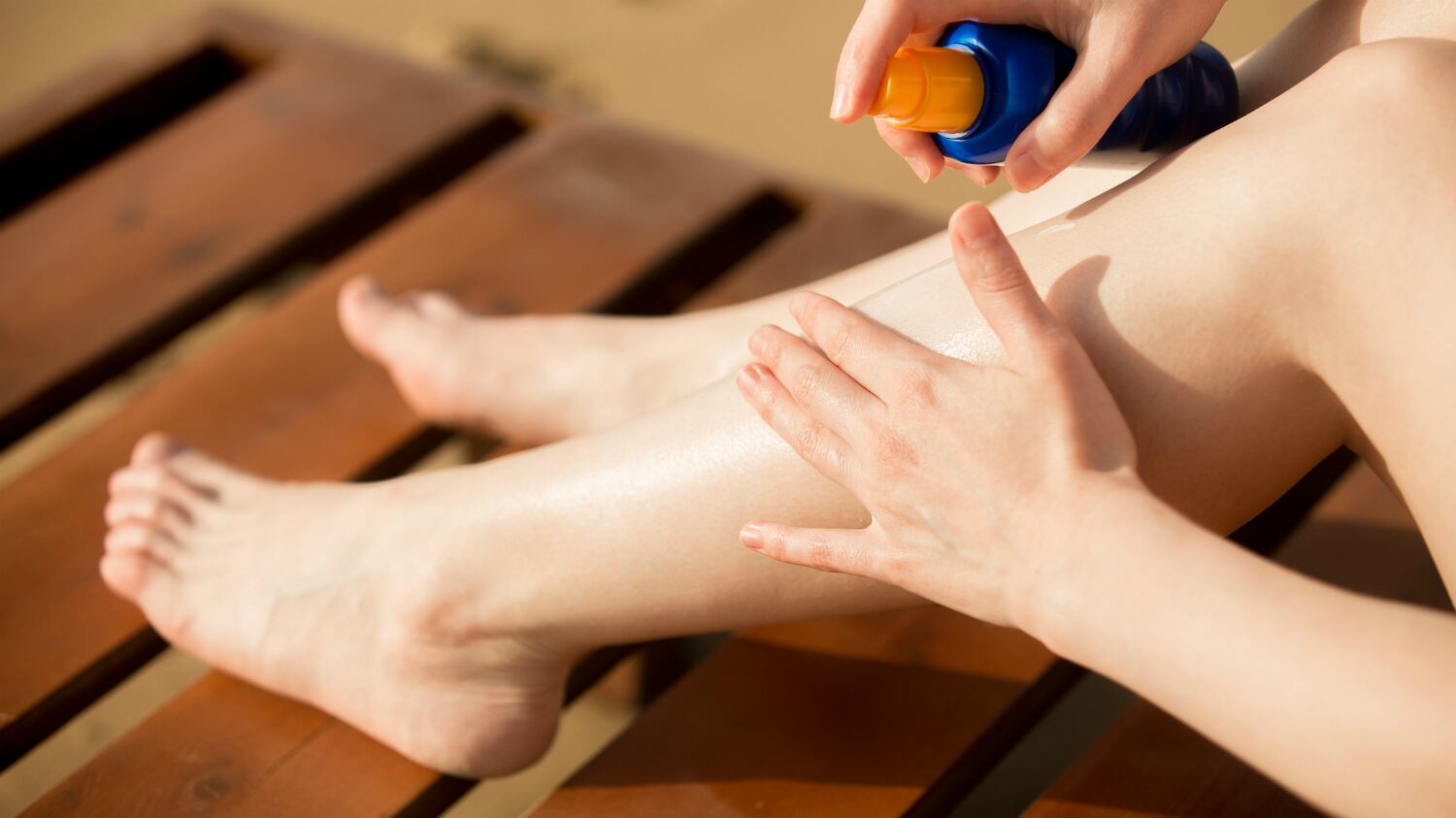A variety of stresses, including exposure to ultraviolet (UV) rays, can lead to the deterioration of the skin’s biological barrier function. This has led scientists and skincare experts to recommend dietary supplementation to help protect and treat skin conditions.
Researchers at FUJIFILM Corporation’s Research and Development Management Headquarters conducted a study to assess the impact of dietary supplementation of astaxanthin on UV-induced skin deterioration.
Algal benefits
They enrolled 23 healthy Japanese participants, aged 30 to 59, in a 10-week double-blind placebo controlled trial, placing them in an intervention group and a control group.
After one week of basement measurement, participants in the intervention group were each given one capsule containing 4mg of astaxanthin, while those in the control group were each given a capsule containing a filling agent. All participants were given one capsule a day for nine weeks.
To evaluate astaxanthin’s protective effects against UV-induced skin deterioration, the researchers measured the minimal erythema dose (MED), i.e., the shortest possible exposure to UV radiation that results in the skin reddening within one to six hours, and the redness disappearing in 24 hours.
The researchers also analysed changes in moisture levels and trans-epidermal water loss at baseline and after nine weeks of treatment, as well as subjective skin conditions using a visual analogue scale.
After nine weeks of supplementation, participants in the intervention group exhibited higher MED than those in the placebo group. The former also displayed a greater decrease in skin moisture loss in the area of skin that had been exposed to UV radiation, compared to the latter.
The areas unaffected by UV radiation were assessed for subjective skin conditions, such as ‘improvement of rough skin’ and ‘texture’, and significant improvements were observed among the participants in the intervention group.
Astaxanthin has been gradually gaining attention as a multi-purpose health ingredient, with its reported health benefits including fatigue relief, anti-ageing, blood pressure-lowering, renal protection, sports performance and recovery, and eye health.
Its skincare benefits have been attributed to lowered inflammation in skin cells, and include moisture retention, improved elasticity and texture, wrinkle prevention, and the regulation of sebum production.
Elucidation required
However, in the current study, the exact mechanisms of astaxanthin’s skincare benefits were not fully explored.
The researchers said that while astaxanthin was present in shrimp, salmon and salmon roe — typically favoured by the Japanese — they had not allowed the participants to consume functional foods or quasi-medicines containing astaxanthin, or other ingredients that had similar effects.
This involved a possible limitation to the study, as they also did not estimate the participants’ exact dietary consumption of astaxanthin, meaning the impact of supplementary astaxanthin may have been obscured.
They concluded: “The precise mechanisms involved in how astaxanthin improved UV-induced skin deterioration in healthy humans was not elucidated.
“Furthermore, the relationship between plasma and / or skin astaxanthin concentration and the protective effects against UV-induced skin deterioration was not analysed.
“We hypothesise that astaxanthin supplementation had antioxidant effects. Indeed, the MED was increased by supplementation with astaxanthin.”
Source: Nutrients
https://doi.org/10.3390/nu10070817
“The Protective Role of Astaxanthin for UV-Induced Skin Deterioration in Healthy People—A Randomized, Double-Blind, Placebo-Controlled Trial”
Authors: Naoki Ito, et al.

